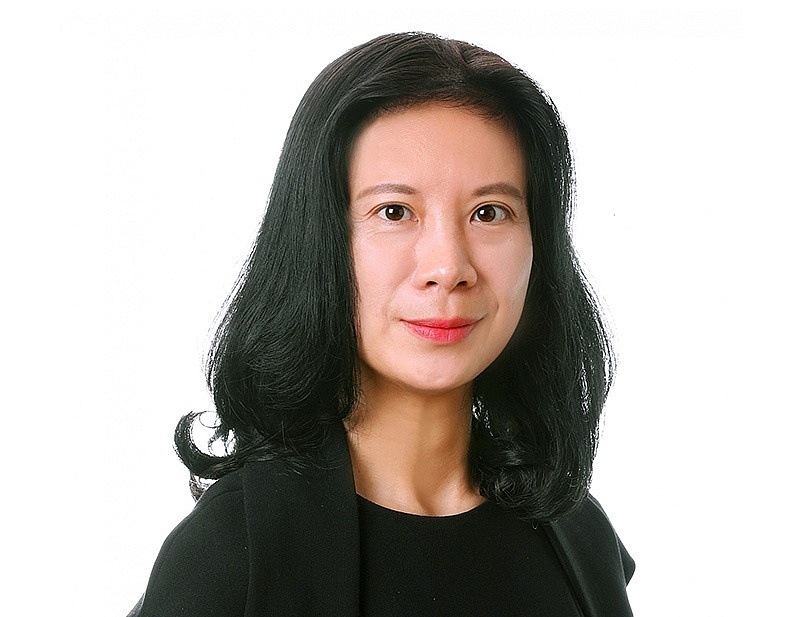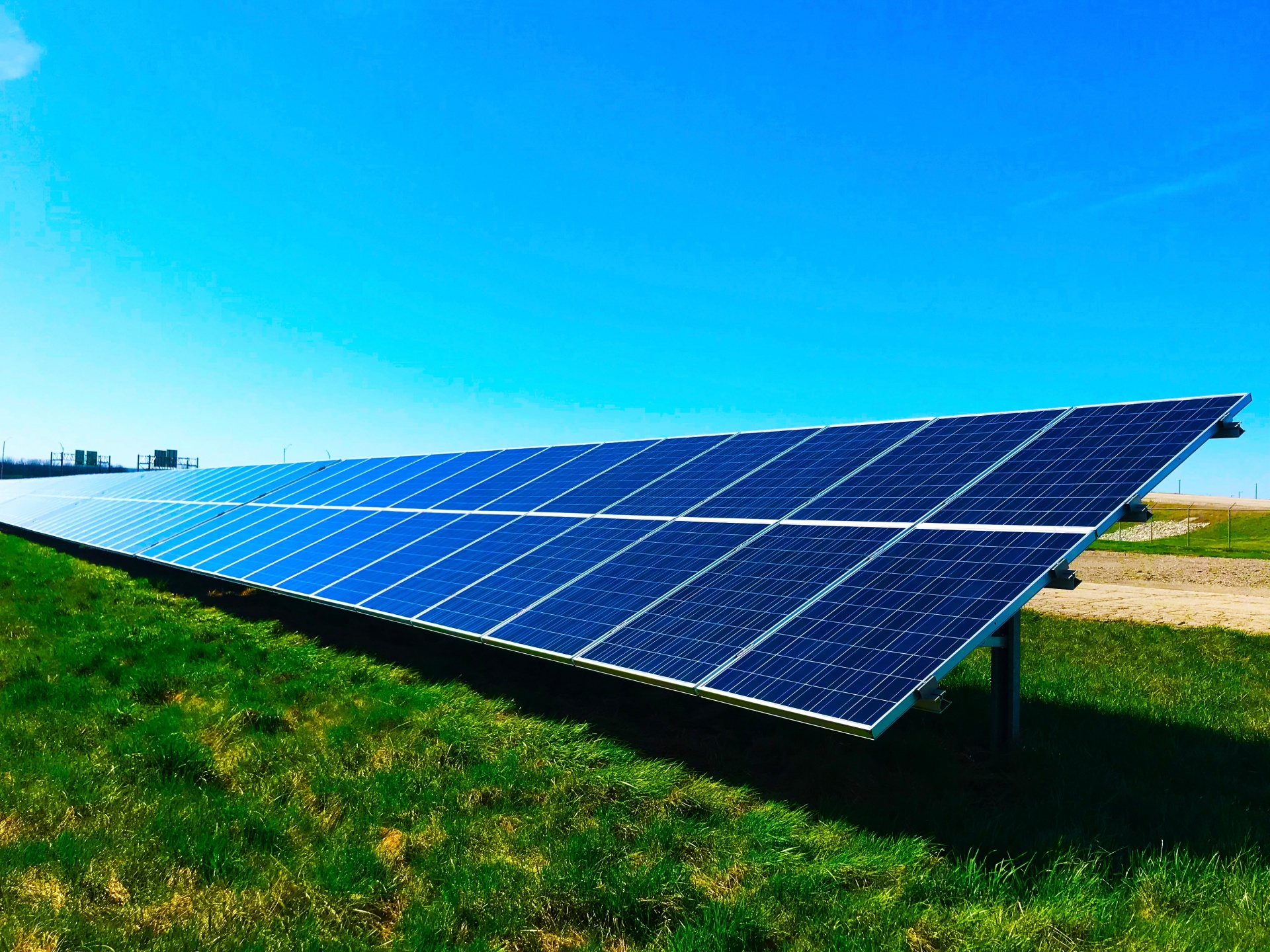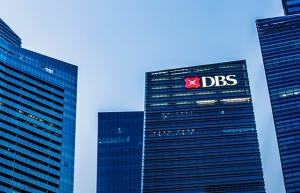DBS Bank empowers Vietnam's green revolution
How does DBS assess risk and determine eligibility for environmental, social and corporate governance (ESG) loans for Vietnamese companies?
DBS takes a consistent approach to ESG risk management across the bank, governed by our policies and frameworks for responsible financing. These are benchmarked against international industry best practices, such as the 'green loan principles' and 'sustainability-linked loan principles' and updated as these principles develop.
 |
| Yulanda Chung, head of Sustainability, Institutional Banking Group at DBS Bank |
To determine a potential borrower's eligibility for sustainable finance, we review and assess their sustainability performance history and their strategy for the future. Eligibility for green loans is decided by reviewing the types of activities the company is involved in that could be defined as ‘green projects’, as articulated in the 'green loan principles'.
Companies engaged in the renewable energy space would have a higher potential for eligibility. For example, given Vietnam’s engagement in solar energy, companies engaged in such related activities could consider obtaining green loans.
However, we recognise that different organisations may have very different starting points on their sustainability journeys, particularly in an emerging economy like Vietnam where many local companies need time to establish a strong sustainability track record. Our goal is to work with customers to establish sustainability practices that align with international standards and follow up on agreed mitigating measures.
To help Vietnamese firms build capability and capacity in sustainability, we have in-house professionals within the institutional banking group sustainability team to help enable relationship managers to engage clients in building a credible sustainable finance pipeline and strategy.
Are there any specific sectors or industries that you focus on, or are all types of businesses eligible?
DBS Vietnam offers a comprehensive suite of corporate banking services including financing, cash management, trade finance, treasury and markets, and digital banking capabilities. We work with customers from a range of sectors and industries, including infrastructure, technology, media and entertainment, telecommunications, renewable energy, as well as food and agribusiness.
For instance, on June 6, DBS successfully disbursed a loan of $77.5 million to BCG Gaia JSC, a subsidiary of the renowned Bamboo Capital Group in Vietnam focusing on renewable energy.
Earlier, in late March, DBS, along with a consortium of foreign banks, played a pivotal role in a capital injection loan of $31.5 million obtained by a joint venture subsidiary of BCG Energy and SP Group.
The recently ratified Power Development Plan VIII (PDP8) signifies the government's firm commitment towards an equitable energy transition by emphasising the robust development of renewable energy sources.
DBS will leverage the opportunities presented by PDP8 to collaborate with esteemed organisations, facilitating the acquisition of additional resources for wind and solar power initiatives. DBS actively contributes to Vietnam's journey towards a sustainable and clean energy landscape.
 |
What are some of the main challenges that DBS faces when offering loans to Vietnamese companies?
As an emerging economy, the field of sustainable finance is still relatively nascent in Vietnam, with limited awareness around the availability, benefit, and use of such financial products. Another challenge is identifying eligible categories and projects, together with project-related practices and activities, that qualify for green financing. In addition to ESG capacity building across sectors, we also work with clients to engage and encourage them to improve their sustainability performance and activities. For firms that have yet to begin their sustainability journeys, our goal is to work with them to kickstart this process.
How does DBS Bank measure the impact of its loans on the Vietnamese economy and society?
As a bank, the largest impact we have is through our lending and financing activities. Therefore, it is critical that we continually strengthen our capabilities to support our clients in their transition, while facilitating sustainable and inclusive growth and prosperity.
Our measures of success align with our net-zero commitments and can be broadly categorised into two sets of targets. The first set comprises Scope 3-financed emissions reduction targets across seven sectors, while the second consists of data coverage targets across two sectors.
Collectively, these nine sectors, including oil and gas, the automotive industry, aviation, agribusiness, and chemicals, cover some of the most carbon-intensive sectors in the economy, accounting for the majority of global greenhouse gas emissions.
These targets will guide us in assessing the climate risks of our existing and potential borrowers to facilitate engagement and partnership-building with clients on their transition journey.
 | Technology key to green and sustainable development As Finland promotes the transition of towards carbon neutrality, Germany's Siemens AG supports many Finnish companies to accelerate energy efficiency and digitalisation. |
 | BCG Energy secures $31.5 million syndicated loan package BCG - SP Solar 1, a joint venture between SP Group (Singapore) and BCG Energy (Vietnam), has just secured a disbursement of $31.5 million in a total credit line of up to $50 million from a consortium of foreign financial institutions. |
What the stars mean:
★ Poor ★ ★ Promising ★★★ Good ★★★★ Very good ★★★★★ Exceptional
Related Contents
Latest News
More News
- Trung Nam-Sideros River consortium wins bid for LNG venture (January 30, 2026 | 11:16)
- Vietnam moves towards market-based fuel management with E10 rollout (January 30, 2026 | 11:10)
- Envision Energy, REE Group partner on 128MW wind projects (January 30, 2026 | 10:58)
- Vingroup consults on carbon credits for electric vehicle charging network (January 28, 2026 | 11:04)
- Bac Ai Pumped Storage Hydropower Plant to enter peak construction phase (January 27, 2026 | 08:00)
- ASEAN could scale up sustainable aviation fuel by 2050 (January 24, 2026 | 10:19)
- 64,000 hectares of sea allocated for offshore wind surveys (January 22, 2026 | 20:23)
- EVN secures financing for Quang Trach II LNG power plant (January 17, 2026 | 15:55)
- PC1 teams up with DENZAI on regional wind projects (January 16, 2026 | 21:18)
- Innovation and ESG practices drive green transition in the digital era (January 16, 2026 | 16:51)

 Tag:
Tag:



















 Mobile Version
Mobile Version